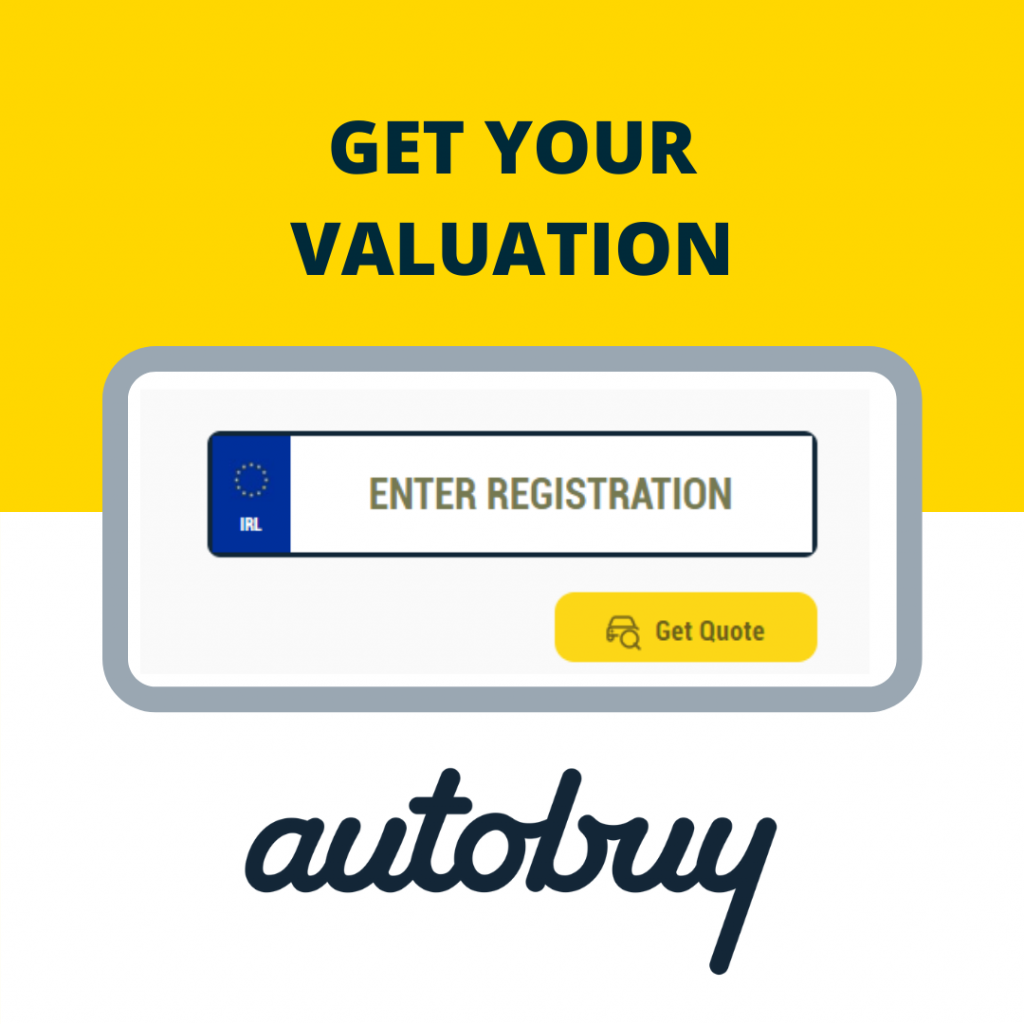Buying a Car with Outstanding Finance: What You Need to Know
October 11th, 2023
When it comes to purchasing a car, there are plenty of factors to consider. You'll want to make sure you're getting the best deal, the right make and model, and a vehicle that suits your needs. However, one critical aspect that often goes overlooked is checking for outstanding finance on a car. Buying a car with outstanding finance can lead to a host of problems and financial headaches down the road. In this article, we'll explore what you need to know about this potential pitfall and how to protect yourself.
Understanding Outstanding Finance:
Outstanding finance, in simple terms, refers to a situation where the current owner of a car still owes money to a financial institution, typically a bank or a car finance company. This can happen when a person takes out a loan or a finance agreement to purchase a car but hasn't yet paid off the full amount. Until the loan is fully repaid, the lender holds a financial interest or lien on the vehicle.
The Dangers of Buying a Car with Outstanding Finance:
Purchasing a car with outstanding finance can lead to several complications and risks:
- Legal Ownership: Until the finance is fully paid off, the lender retains legal ownership of the car. If you buy such a vehicle without knowing its financial history, you could face legal consequences. In some cases, the car could be repossessed.
- Financial Responsibility: If you buy a car with outstanding finance, you may inherit the financial responsibilities of the previous owner. This means you might be liable for repaying the outstanding loan, even though you didn't benefit from the original funds.
- Hidden Costs: The outstanding finance amount can be substantial. By unknowingly purchasing a car with outstanding finance, you could end up paying more for the car than you initially thought, negating any savings you may have made on the purchase price.
- Difficulty Selling or Trading Selling or trading-in a car with outstanding finance can be challenging. You may not be able to transfer ownership to the new buyer or dealer until the finance is cleared.

How to Protect Yourself:
- Check the Car's History: Always obtain a comprehensive vehicle history report, such as a MotorCheck report, before buying a used car. This report will reveal any outstanding finances on the vehicle and provide insights into its past.
- Ask the Seller for Proof: Request documentation from the seller that proves the car's finance has been settled. This could be in the form of a letter from the finance company or bank confirming the debt is clear.
- Inspect the Logbook: The car's logbook, or registration document, should list the registered keeper. Make sure it matches the seller's name. If there's a discrepancy, it's a red flag.
- Consider a Professional Inspection: If you have doubts or concerns, consider having the car inspected by a professional mechanic or vehicle inspection service. They can help identify any hidden issues.
Buying a car with outstanding finance can be a costly mistake that leads to legal and financial consequences. To protect yourself, always do your due diligence when purchasing a used vehicle. Check the car's history, ask for proof of finance settlement, and consider professional inspections if needed. By taking these precautions, you can ensure a smoother and safer car-buying experience.
Remember, knowledge is your best defence against surprises when purchasing a used car. Stay informed and make informed decisions to enjoy trouble-free ownership of your new vehicle.